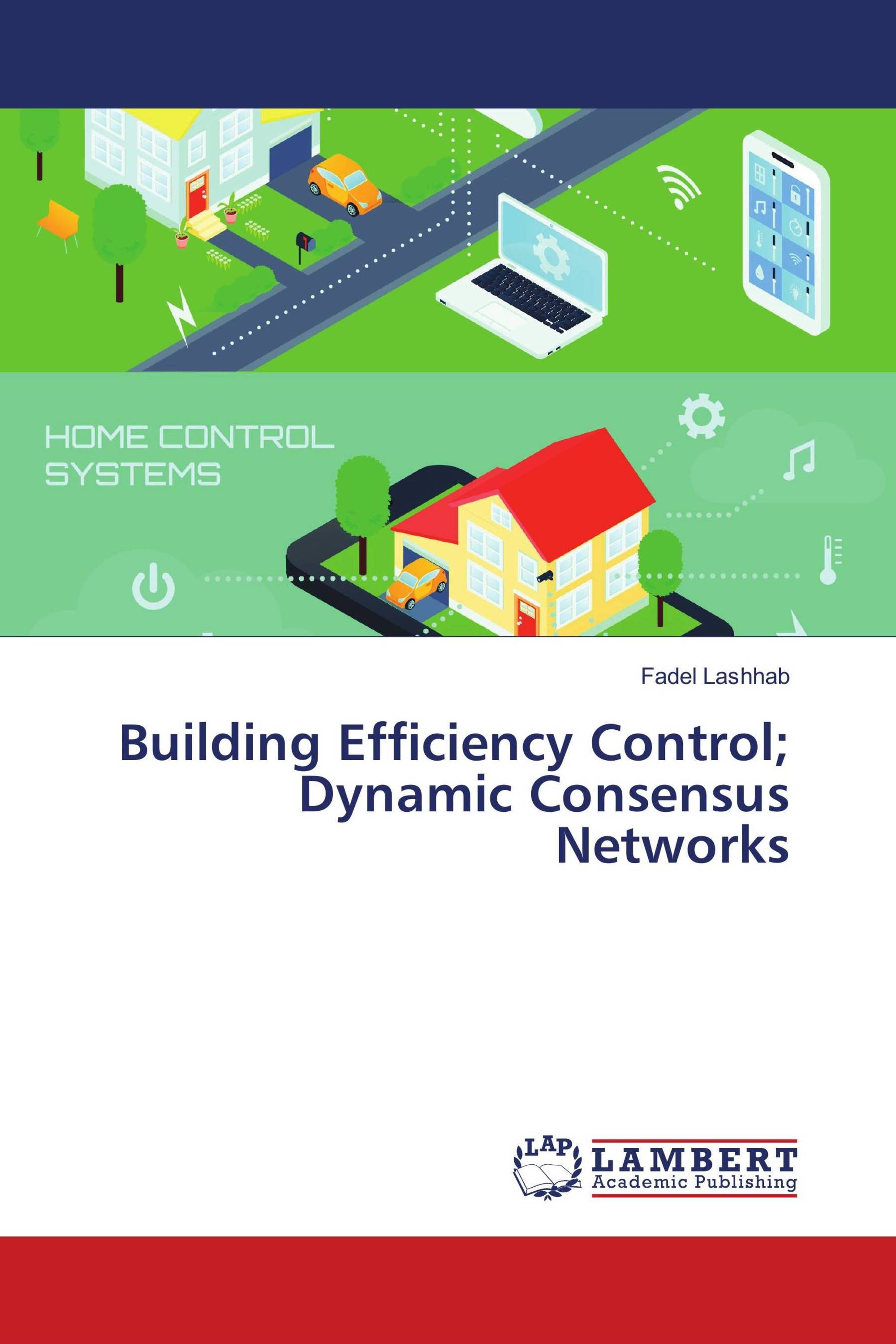The use of consensus networks in networking has received great attention due to its wide array of applications in fields such as robotics, transportation, sensor networking, communication networking, biology, and physics. The focus of this dissertation is to study a generalization of consensus problems whereby the weights of network edges are no longer static gains, but instead are dynamic systems, leading to the notion of dynamic consensus networks. We transform each concept of static graph theory into dynamic terms, out of which a generalized dynamic graph theory naturally emerges. Three different types of dynamic consensus networks are addressed based on node dynamics and network topology: (1) directed dynamic networks with integrator nodes and real-rational transfer function edges, (2) undirected dynamic networks with integrator nodes and strictly-positive-real transfer function edges, and (3) undirected dynamic networks with identical linear time invariant nodes and dynamic edges. We investigate stability and consensus for each type of dynamic consensus network and develop conditions under which dynamic networks achieve consensus.
Book Details: |
|
|
ISBN-13: |
978-3-659-97578-3 |
|
ISBN-10: |
3659975788 |
|
EAN: |
9783659975783 |
|
Book language: |
English |
|
By (author) : |
Fadel Lashhab |
|
Number of pages: |
196 |
|
Published on: |
2018-04-24 |
|
Category: |
Electronics, electro-technology, communications technology |
